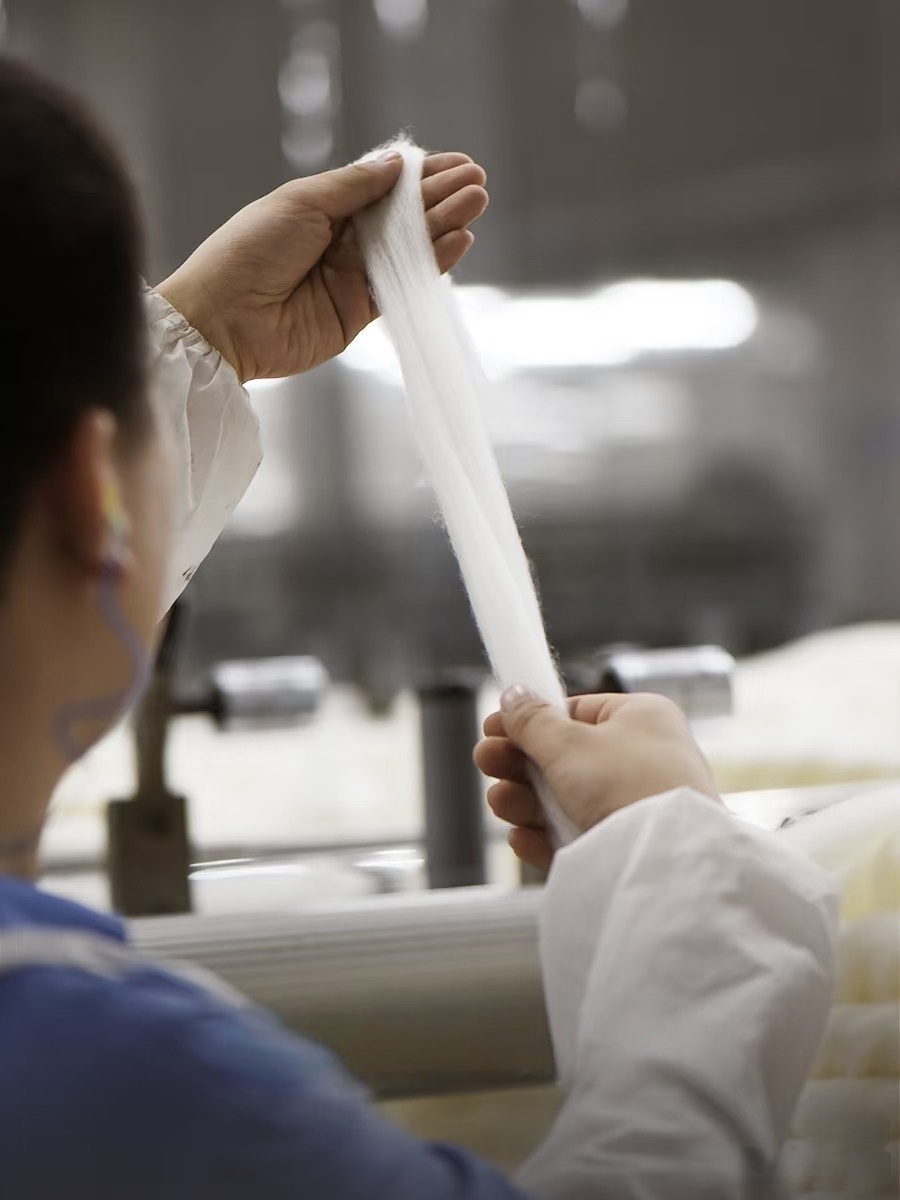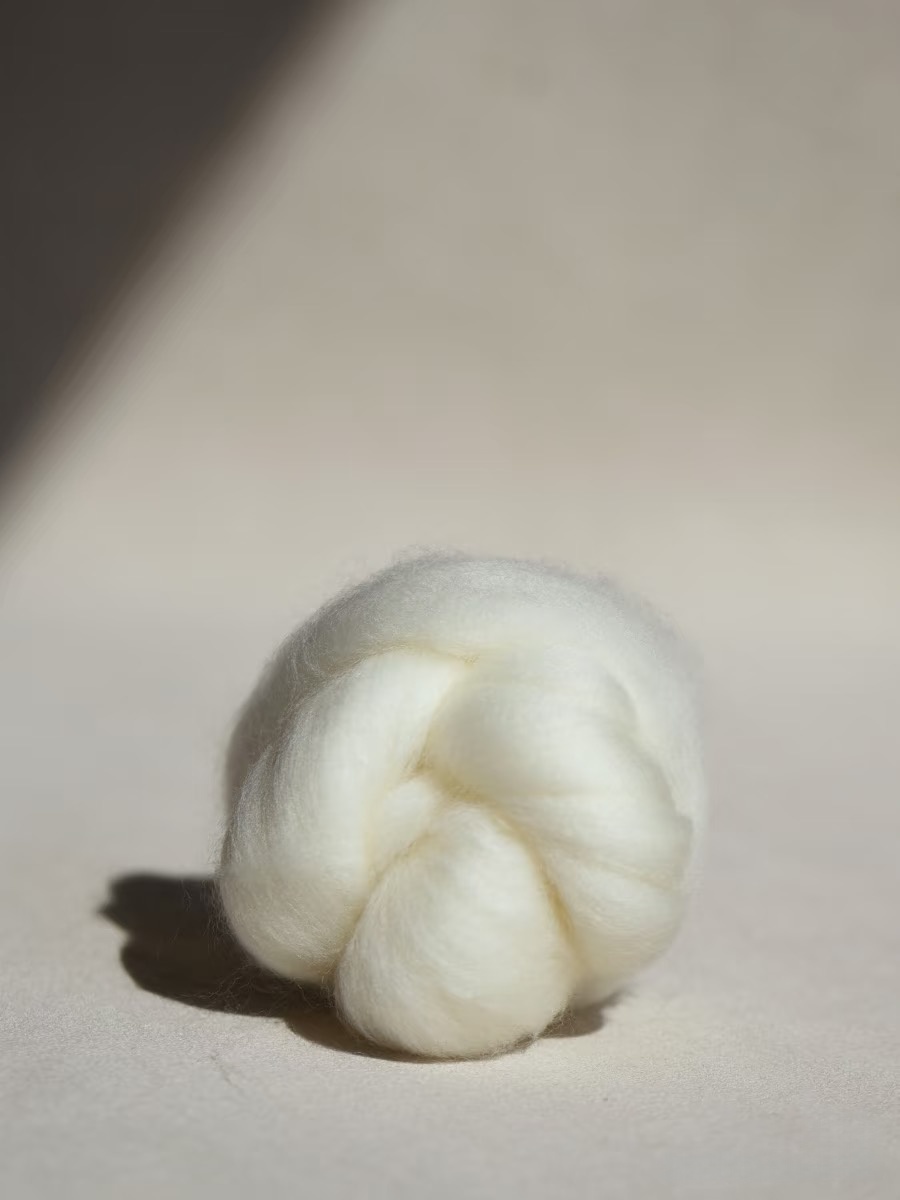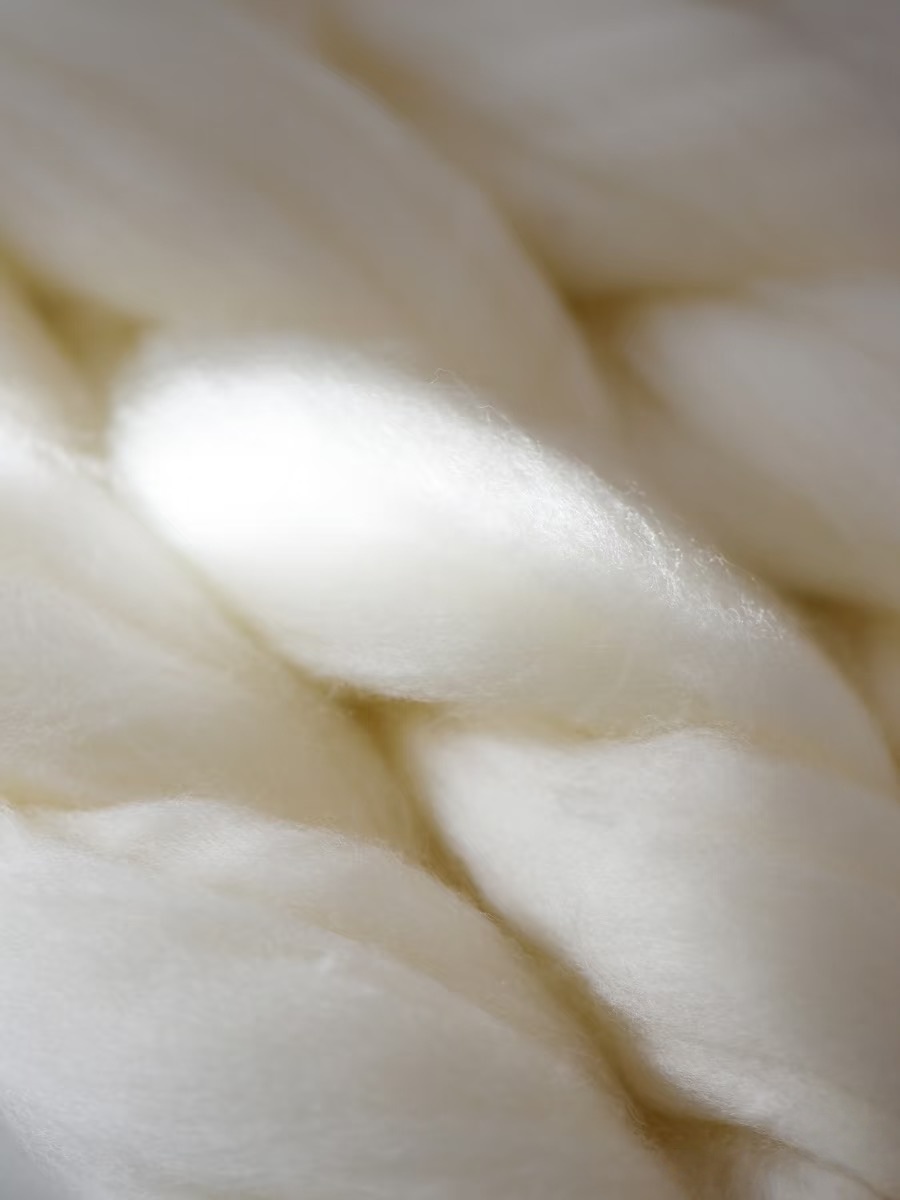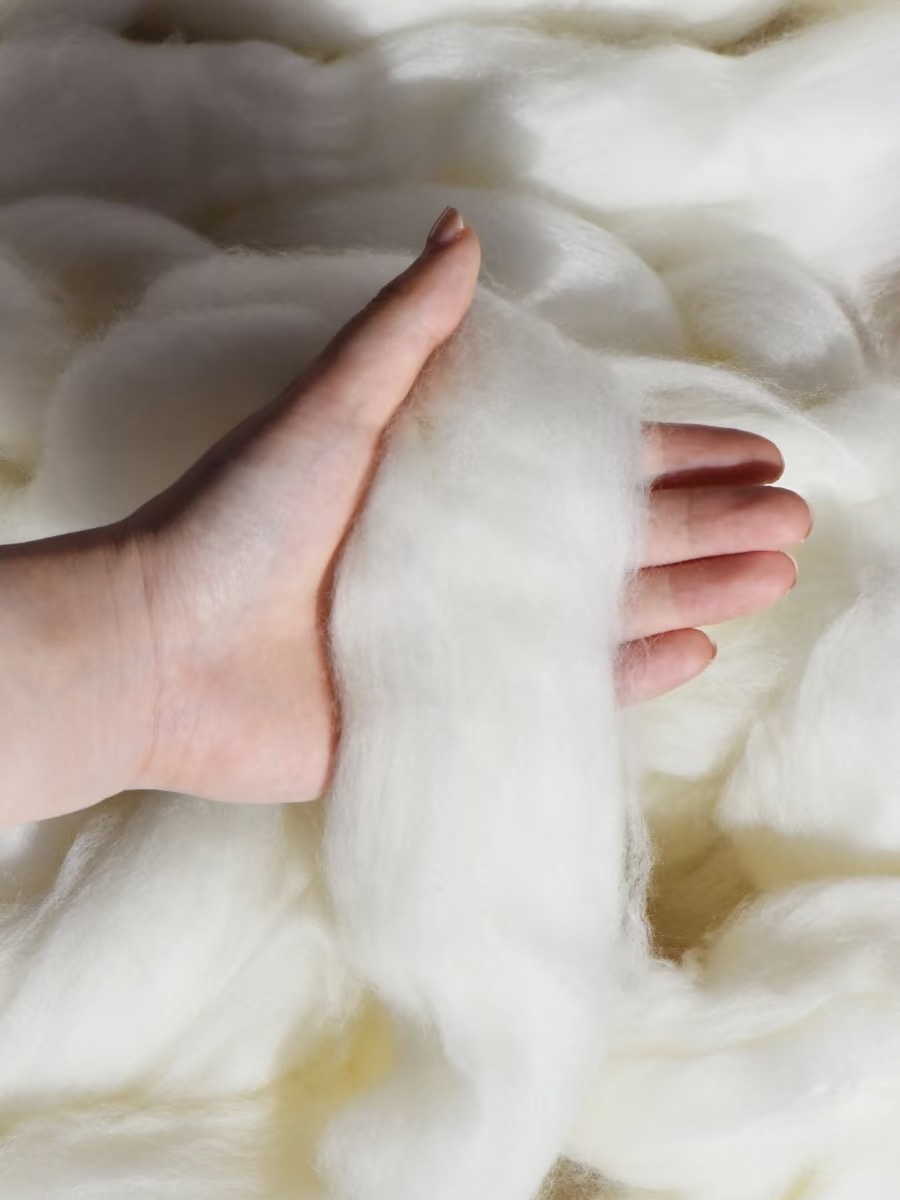The Essential Guide to Polyamide and Nylon
When exploring the world of textiles, the terms polyamide and nylon often appear, leading to a common question: what is the difference in the polyamide vs nylon debate? The simple answer is that there isn't one. Nylon is a specific type of synthetic polyamide, a trade name that has become so ubiquitous it is now used as a generic term. Understanding this core relationship is the first step in appreciating the versatility and importance of this remarkable nylon fiber family in countless applications, from industrial components to high-fashion apparel.


Understanding Polyamide: The Building Block of Modern Textiles
Polyamides are a class of polymers characterized by repeating units linked by amide bonds. While they exist naturally in materials like wool and silk, the term is most frequently associated with synthetic materials. The development of synthetic polyamide yarn revolutionized the textile industry, offering a combination of properties that were previously difficult to achieve. These materials are renowned for their exceptional strength, durability, and elasticity. This resilience makes them highly resistant to abrasion and wear, ensuring that garments and products made from them have a long lifespan. Furthermore, polyamide fibers can be engineered to have various lusters, from dull to bright, providing designers with a wide range of aesthetic options for their creations.
The Nylon Revolution: A Specific and Successful Polyamide
Nylon was the first commercially successful synthetic thermoplastic polymer, and its invention marked a pivotal moment in materials science. Developed in the 1930s, it quickly found use in everything from stockings to parachutes. At Ningbo Sinopec Fiber Co., Ltd., we specialize in the primary types of this material, PA6 and PA66, which remain industry standards due to their outstanding performance characteristics. The molecular structure of nylon fiber gives it a unique combination of lightness and strength, making it an ideal choice for performance wear, outdoor gear, and other demanding applications. Its ability to be melt-spun and drawn into fine filaments allows for the creation of fabrics that are both robust and incredibly smooth to the touch.
Achieving a Soft Cashmere Feel with Advanced Fibers
While nylon is prized for its strength, modern manufacturing techniques have enabled the creation of polyamide yarns that also offer exceptional softness. This has opened the door to luxury applications, where polyamide is used to enhance natural fibers in cashmere blends. While the top cashmere type comes from the fine undercoat of cashmere goats, blending it with high-quality polyamide improves the fabric’s durability, shape retention, and resistance to pilling. This creates a more practical and often more affordable garment that still retains a wonderfully soft cashmere feel. Advanced engineering can now produce polyamide yarn so fine and soft that it mimics the luxurious texture of premium natural fibers, offering consumers the best of both worlds: indulgent comfort and practical performance.
Making the Right Choice in a World of Fibers
Ultimately, the discussion of polyamide vs nylon is a matter of terminology. Nylon is a star player within the broader polyamide family. The true distinction lies in the quality and specific type of fiber chosen for a particular application. From robust industrial materials to delicate, soft-touch fabrics used in luxury apparel, the versatility of polyamides is unmatched. As specialists in the field since 1996, we understand the nuances that make these fibers indispensable. By continuing to innovate and produce high-quality PA6 and PA66, we help enable the creation of next-generation textiles that push the boundaries of both performance and comfort.





